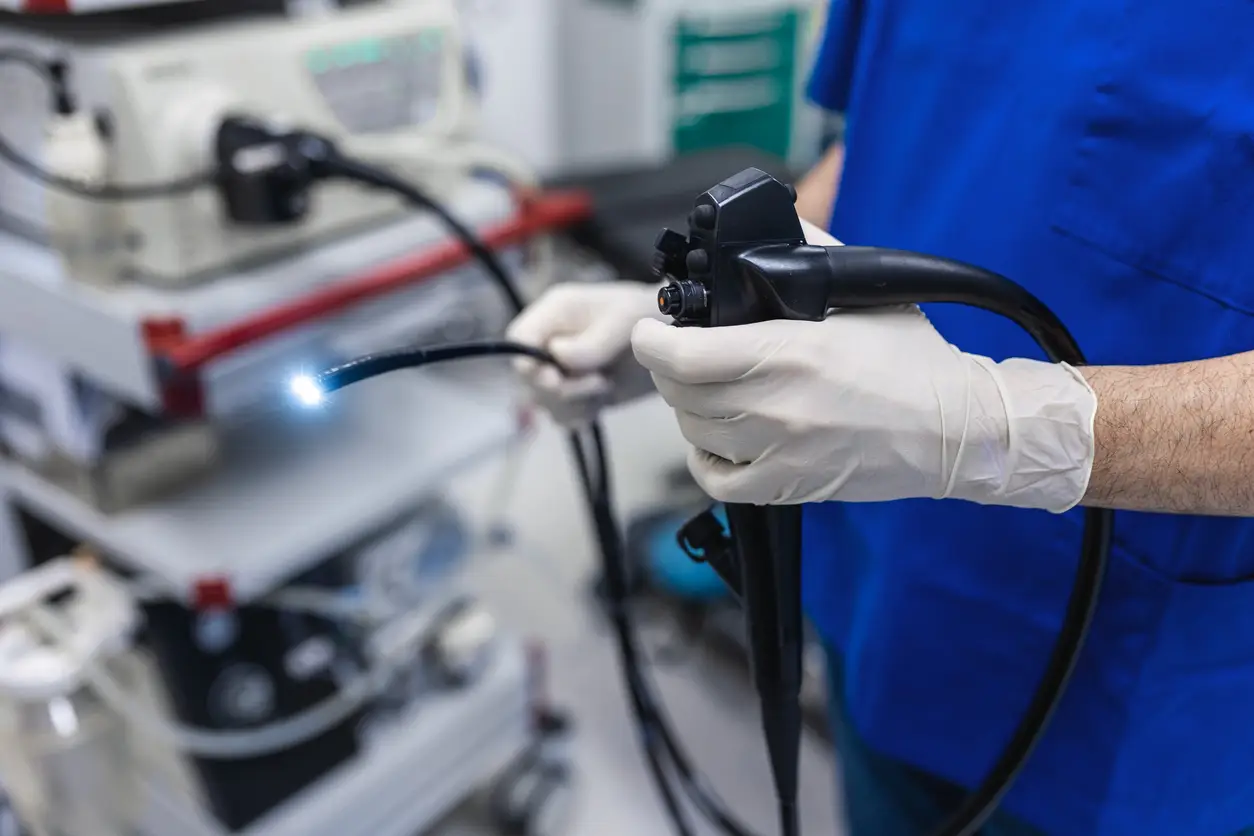When you’re told you should have a colonoscopy, you likely have a lot of questions, and one of the first might be, “Who is going to do this thing?” It’s a reasonable question. A colonoscopy is not just a routine check-up. It is a medical procedure that requires training, finesse , and good bedside manner. So, if you’re embarking on this quest, here’s what you need to know about the type of doctor who may be best suited to the task. The good news is that there are professionals who specialize in precisely this type of work — and finding the right one can make the process significantly easier.
So what is a colonoscopy, anyway?
Before we discuss which type of doctor is the best, it’s helpful to know what a colonoscopy prep is like. It’s a diagnostic procedure in which the inside of your colon and rectum is examined with a long, flexible tube that has a small camera at the tip. It’s what doctors use to look for polyps, bleeding, inflammation or early signs of colorectal cancer. It generally goes from anywhere from 30 to 60 minutes and is done under sedation so you can be comfortable. And because it’s such an agonizing and important exam, the type of doctor you pick really matters.
Who does the best colonoscopies?
The most prevalent and reliable offerers of colonoscopies are gastroenterologists. These are doctors who train for extra years after medical school to specialize in the digestive tract. That makes them experts on your esophagus, stomach, intestines, liver and colon. Colonoscopies are routine for gastroenterologists, who are trained to find the smallest issues. They can generally remove anything abnormal that they see during your exam, or take a biopsy of it for testing.
Can a general surgeon do a colonoscopy as well?
Yes, general surgeons do colonoscopies, especially if they are already part of your treatment team or if you are having a surgery related to the issue at hand. They may not perform it as frequently as a gastroenterologist, but general surgeons are highly skilled, and have abundant experience and training, that call for endoscopic techniques. If your [general practitioner] refers you to a colonoscopy surgeon, it’s still usually a safe and appropriate option — particularly if you are already dealing with problems like hernias or other gastrointestinal symptoms.
Do I always need to request a gastroenterologist, if I have the option?
If you have a choice of provider, a gastroenterologist is generally most specialized. Not only do these doctors perform colonoscopies frequently, they also stay up to date on the latest screening guidelines and treatment recommendations for G.I. problems. Their specialized training is in the digestive tract, which has enabled them to better detect subtle signs that others might miss. For preventive screenings, or if you’re at higher risk of colorectal cancer, a G.I. specialist is frequently the most conscientious choice.
It can be highly complex to find the appropriate specialist for me?
It’s probably best to begin with your primary care provider, who can recommend a good gastroenterologist or surgeon in your region. It’s also a good idea to search for providers who are associated with local hospitals or specialty centers specializing in digestive health. Read reviews, verify a provider’s credentials and check how frequently a provider does a colonoscopy. Frequency counts — because the more often a doctor does the procedure, the more skilled (and confident) they’re likely to be.
What will the doctor do before the procedure?
If you have a good specialist, they’re not just going to sit there and schedule you and push you through. They’ll spend time going over the colonoscopy prep, will talk through what the test entails and what happens after. You need to be able to question, voice concerns, and obtain clear expectations as well. If you leave your consultation feeling brushed off or confused, it could be a red flag. A good GI doctor or surgeon should be sure to talk you through everything and make you feel respected through the process.
What matters more: experience or credentials?
Both actually matter, but in something as delicate as a colonoscopy near me, experience matters far more than warm towels, fixer music, warm air or talks about playtime as far as the child is from the operating room. Find someone who does a lot of colonoscopies and has good results without many complications. Ask how many they do a year, or if they’re board-certified in gastroenterology or surgery. You also get the peace of mind knowing that they stay up to date on new techniques, such as with high-definition scopes or advanced methods of polyp detection.
What if I’m anxious about the procedure?
You’re definitely not alone. For a lot of people, the thought of their first colonoscopy makes them anxious and uneasy, especially if they don’t know what to expect. But finding the right doctor can matter a great deal. A good, empathetic gastroenterologist will help ease your nerves, explain the sedation and verbalize what’s going on every step of the way. Their team is generally trained to help patients feel comfortable and you may be surprised by how fast it’s all over.
Can I go to the same doctor for a follow-up after the colonoscopy?
Absolutely. If you are found to have something off during colonoscopy, your gastroenterologist is probably the one calling the shots on what happens next. That can include anything from arranging further testing to removing more polyps to sending you somewhere else for more care. Having a relationship with a GI specialist may be helpful, especially if you’re experiencing ongoing digestive issues, have a family history of colorectal disease, or have conditions such as IBS or Crohn’s disease.

Conclusion
When you get a colonoscopy you hope that whoever is at the helm knows a thing or two about the digestive system, and it’s typically a gastroenterologist at the helm. These doctors have extensive training and experience, and they’re best for most patients. Whether it’s your initial check or ongoing treatment, the right doctor matters. There is nothing wrong with asking questions, getting a referral, and choosing a provider who allows you to feel empowered and informed. Your health — and peace of mind — is worth the colonoscopy cost.




